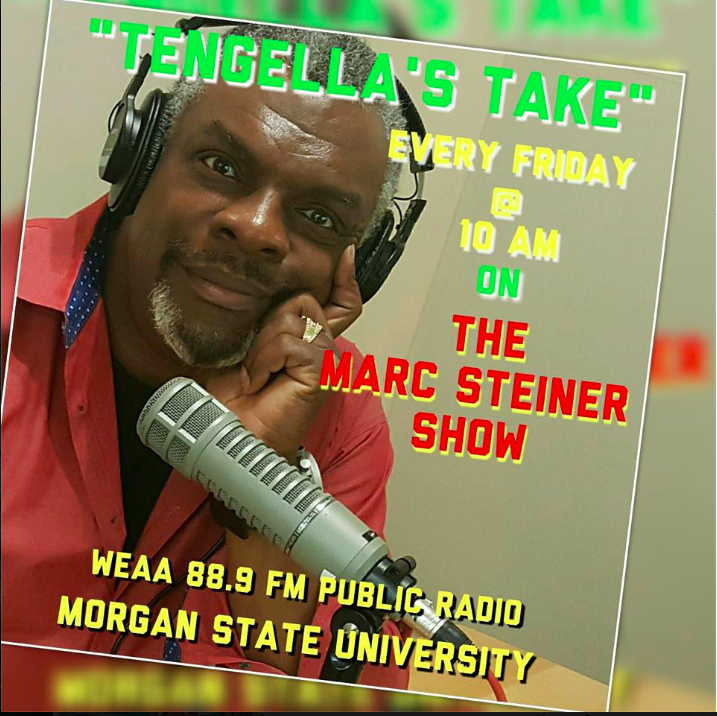 Assume it’s poetic justice. Assume it’s sweet revenge. Just don’t assume that young people are always the problem, because that would be far from the truth.
Assume it’s poetic justice. Assume it’s sweet revenge. Just don’t assume that young people are always the problem, because that would be far from the truth.
A February 3rd article titled Teacher in assault pointed to as instigator demonstrated that what we thought we knew about the attack on Baltimore City Public School teacher Jolita Berry was only part of the story. On April 4, 2008, Baltimore City and the rest of the country was shocked to see videos, taken by cell phone, of a student sitting atop her teacher assaulting her vigorously while other students looked on. The fight and video made local and national headlines, and the assaulted teacher was even a guest on NBC’s Today Show, where she instantly became a symbol of the victimized teacher.
However, after further investigation and several key witnesses coming forward, it turns out that Ms. Berry was the one who started the fight, not the student. Why did Ms. Berry decide to paint a biased picture about what really happened that day? The melee between the student and Ms. Berry sparked a nationwide conversation about teacher-student relations and classroom safety.
Around the city, the incident caused an uproar, from North Ave to City Hall to the streets. School and city officials tried to respond quickly by assuring the city that Baltimore City Public Schools were safe. We heard the barrage of responses from politicians, teachers and union officials about how teachers should be “protected” in the classroom. There were cries for more school police and the need for better training so teachers should know how to handle “problem children” in the classroom. And with all of the fanfare and rash judgments, assumptions were made, attitudes were hardened and the city’s youngest member was once again left out in the cold, without being heard. There was hardly a whisper about the view of the students compared to the chorus singing about the protection of teachers.
In my conversations with students at a local west Baltimore middle school, a few days after the incident, there was the attitude that a situation like this was bound to happen. These students shared their stories of how some teachers just did not respect students. They said these teachers had a tendency to use profanity at them and in the classroom in general. Plus, the teachers themselves had attitude problems and instead of trying to diffuse tense moments, they resorted to using language that both demeaned and instigated conflict. So where is the justice for students who are confronted with this behavior from their teacher?
Based on the article, Ms Berry pushed the student, used obscenities, yelled, and clearly prepared herself for a physical confrontation. Given all these indicators a fight was going to happen, the student should have reported Ms. Berry right then and there. However, this was a case where the student clearly felt disrespected by the teacher and refused to accept it.
I know it is easier to blame a teenage girl for poor judgment rather than a grown woman but, in a day and time when teachers are having intimate relationships with students, political corruption runs rampant, and other issues affects those at the top, assumptions can no longer be made that authority figures always exercise proper judgment. So incidents of this nature should not be viewed from the lens of who is involved but based on what really happened. And even though, the young girl was wrong for fighting her teacher, Ms. Berry was even more liable for instigating the situation and making the whole city believe she was a victim.
If the school system and the city truly want to build a stronger relationship with young people, then truth and justice must be the foundation of that effort. The authority figures i.e. politicians, police offices and school officials, have to be willing show young people that truth and justice is the cornerstone for governance and authority. As a city, we should not be so quick to judge about the things we hear regarding young people without getting the full truth, because quick judgments in a limited circumstance can sometimes be more destructive than the circumstance itself.
If Ms. Berry would have had a more peaceful attitude, things would have been different. If she would have seized the moment to show that good judgment is the best way to resolve conflict, things would have been different. If she would have been honest about what happened, then this incident would have been a step forward for the city to have a different relationship with young people. However, none of this happened, and unfortunately, those lessons were never taught.
Farajii R. Muhammad serves as President of New Light Leadership Coalition, Inc. and host of Listen Up! on public radio WEAA88.9 FM


